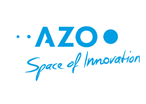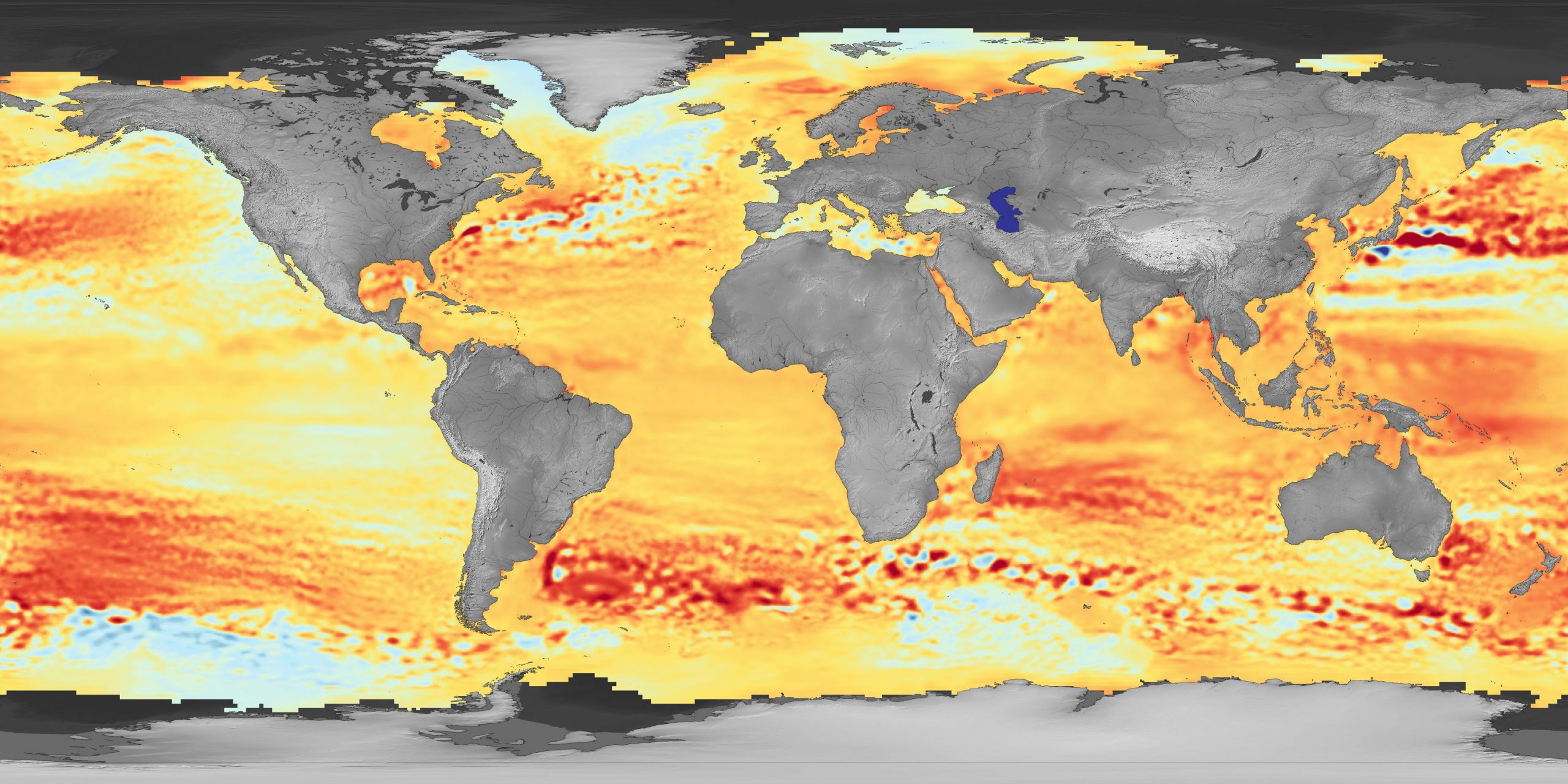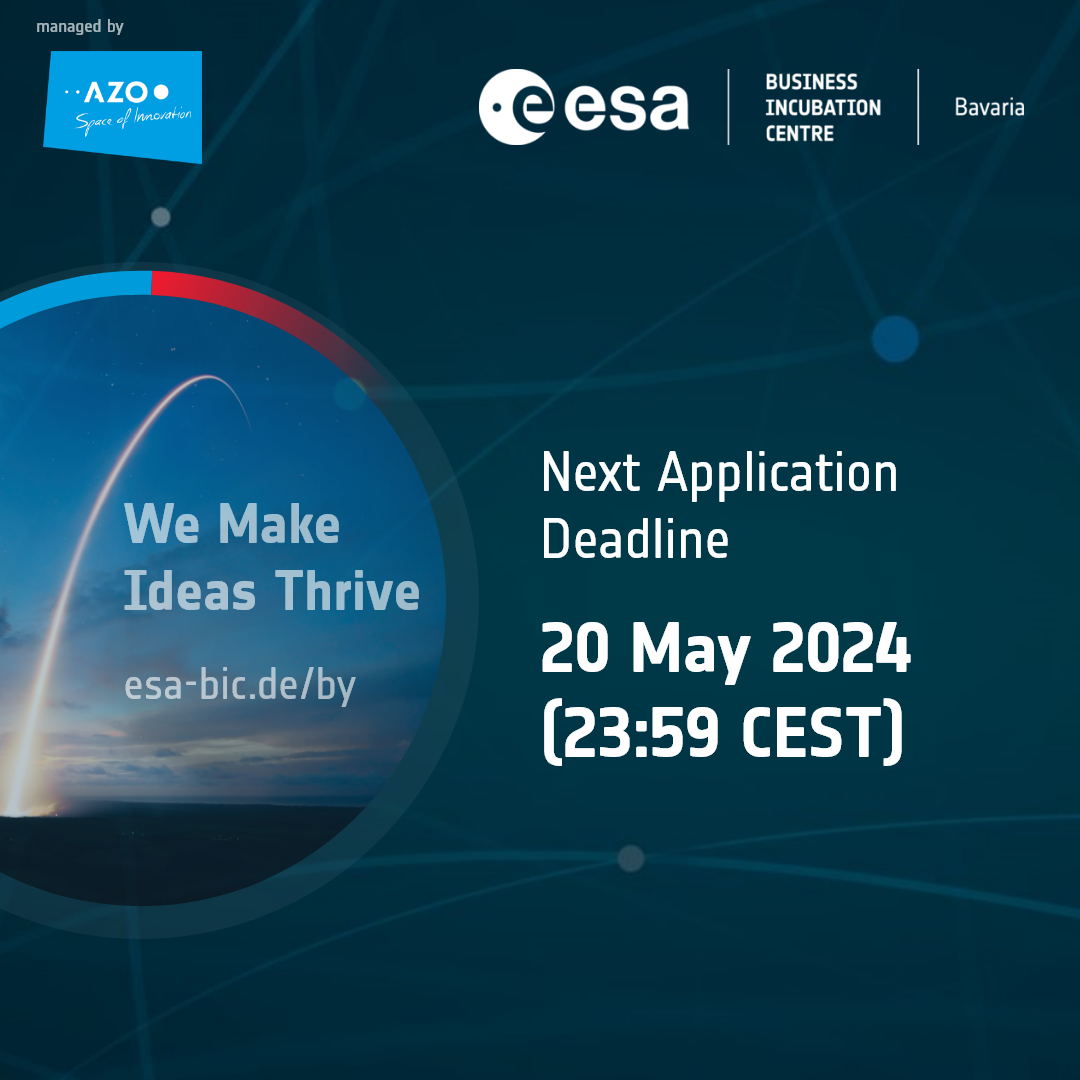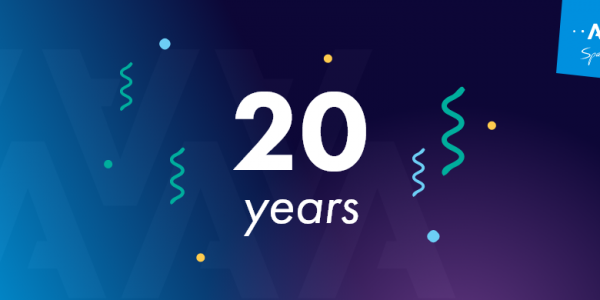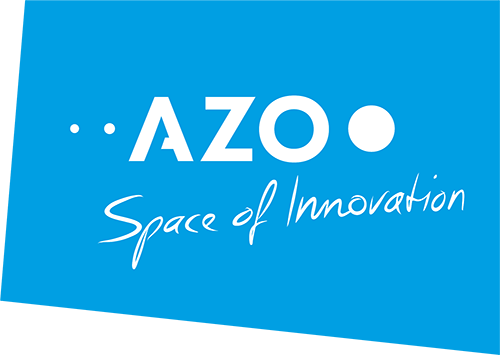Benoit Meyssignac is a scientist interested in understanding Earth’s global energy cycle and its variations. His research is at the intersection of climate science, oceanography, and geodesy (the science of the shape of the Earth, its gravity field, and its rotation). It aims to understand the variations of Earth’s global energy-water cycle at regional and global scales through satellite observations and modelling approaches. His efforts have ranged from the development of global sea level products and global mass redistribution products from satellite data (with associated uncertainties tailored for robust comparisons with climate models) to the detection and attribution of anthropogenic forcing (greenhouse gases and aerosol emissions) and natural forcing (solar variability, volcanic eruptions) in Earth’s energy-water cycle variations. Benoit’s research on high-precision geodetic measurements of Earth’s energy-water reservoirs has led to new insights on the response of the energy-water cycle to climate change and guided the improvement of climate models.
Maryam Pourshamsi (MP), ESA, interviews Benoit Meyssignac (BM), PhD at Laboratory of Space Geophysical and Oceanographic Studies.
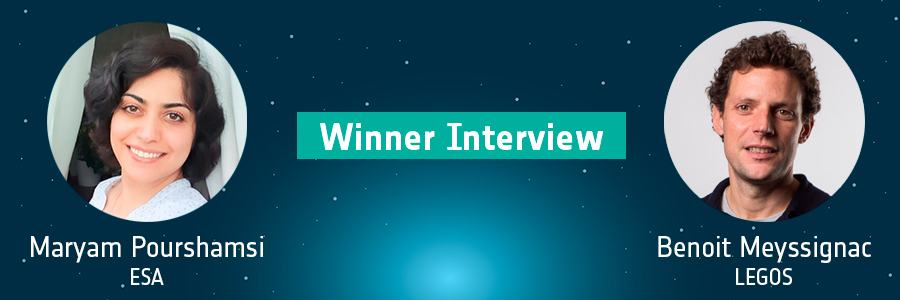
MP: Please give us a sneak peek of your project that you won the Award for.
BM: Over the last 10 years, I have been able to show with my PhD and postdoc students that space geodetic measurements from satellite altimetry and satellite gravimetry allow for a very precise quantification of the energy stored in the ocean. This provides a stringent constraint on the Earth energy imbalance, which is the small imbalance at the top of the atmosphere that is responsible for climate change. This work paves the way for the use of satellite data like the data from the Sentinel series, the Jason series, the GRACE series, and the future MAGIC mission to derive a new constraint on the Earth’s radiation budget. In the future, this could make it possible to provide observational constraints on essential climate parameters such as transient climate sensitivity and equilibrium climate sensitivity.
MP: What was (were) your main reason(s) to accept nomination for the EO Excellence Award?
BM: I accepted the ESA/EGU EO Excellence Award, because this nomination came at a very good time to highlight the promising results we had in monitoring Earth’s energy imbalance with satellite altimetry and space gravimetry. The first results were already out in scientific journals, and we were refining our approach to propose continuous monitoring of this imbalance to ESA. The ESA/EGU EO Excellence Award gave us a way to share our recent findings with a broader community and show the promising capability of satellite altimetry and space gravimetry to better constrain the variations of Earth’s global energy cycle.
MP: Tell us more about your experience during the Award? Did the process and the outcome meet your expectations?
BM: Indeed, it worked. The ESA/EGU EO Excellence Award allowed me to reach a large audience and showcase our recent scientific results to a much larger following than my usual science community. I received lots of positive feedback from the climate science community, but also from the space community and many end users who were interested in the possible outcomes of our approach.
MP: Now your project has been recognised by the EO international community. What has it changed for you?
BM: The major change is probably that I have gained recognition in the space community. It definitely facilitates partnerships, and also a more leading role when I want to participate in or build ambitious research proposals. In addition, it has brought substantial visibility to my research and my observational approach to climate science questions. I find it has led to closer relationships with ESA and its staff, as well.
If you know someone who deserves to win the ESA-EGU EO Excellence Award 2023, please nominate them on https://www.eoxcellence.com/!
About the Author

Maryam Pourshamsi is an Earth Observation Scientist at European Space Agency. She coordinates the ESA/EGU EO Excellence Award 2023. The award recognises and honours an individual early career scientist and Team that have made an outstanding contribution to the innovative use of Earth Observations, with a focus on the use of European EO datasets in the field of science and applications.
